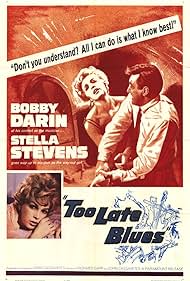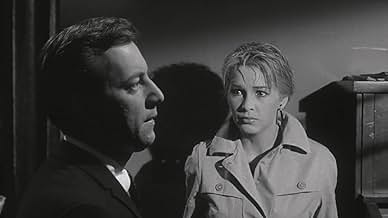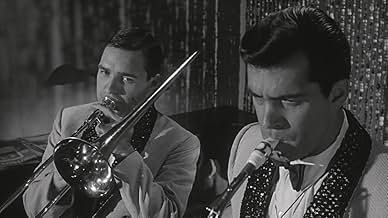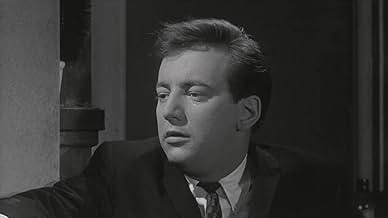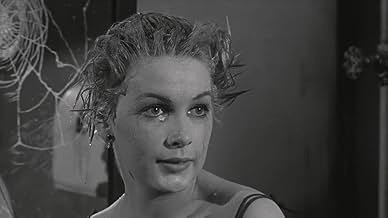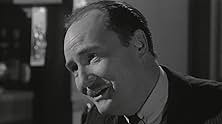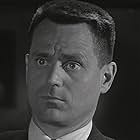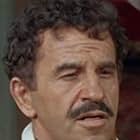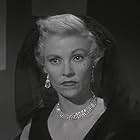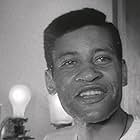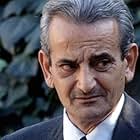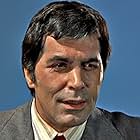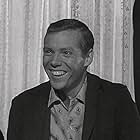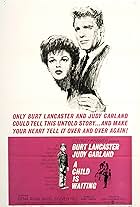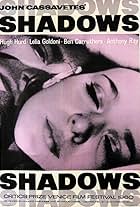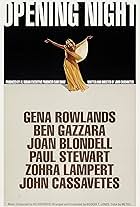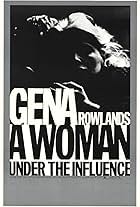John Cassavetes creates an eternally unique drama with his chronicle of an idealistic jazz musician played by crooner Bobby Darin, and his relationship among his fellow band members and his object of affection, a beautiful would-be singer who comes between him and his band members, played by Stella Stevens in an honest, humanly extreme performance clearly directed by Cassavetes and cementing an argument that she could have held her own as a star.
Darin, as Cassavetes surely intended, brings a realistic contribution to his character from his life in the world of the era's music scene, as a dogmatically philosophical band leader who takes tremendous pride in seeing a profound, transcendental beauty in a mellow, instrumental school of jazz that he, with the exasperated tolerance of his fellow players, finds ideal to play to empty parks to communicate with nature and birds when he isn't playing gigs at old people's homes and orphanages. What is irrelevant in this film is how we feel about the music he feels most personally in tune with (no pun intended) in comparison to the commercially accessible music that would welcome him into a successful career. Like all Cassavetes films, Too Late Blues is about a character whose proclivities are beyond us, and what keeps it from being subjective or affected is that the rest of the characters share our feelings.
The key to our understanding and relating ardently to Darin's character is his unrelenting obstinacy, which becomes Bobby Darin uncannily, borne by the pride that absorbs all of his perceptions into what is of use only to him. As this dooming characteristic rears its head, an internal conflict between his true passions and what will gain him the recognition that deep down he wants more than anything else, we come to dislike him and find ourselves on the side of his band members and his girl Stevens.
Full of far-seeing insight and relentless individuality, it is not well-recognized film, which in itself is a testament to the artistic truth it presents. This is in some sense a shame though, because it is really a moving film in spite of all the expectations accompanied by an audience's perception of a music film. There are many great scenes where we simply hang out with the band in their regular hang-out spot with an entertaining bar owner, or we indulge in their impulsive diversions, or we react in unusual ways and we must step out of our regiments and make an endeavor out of looking further.
